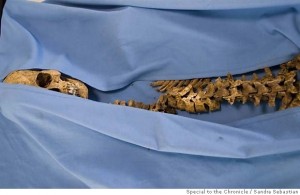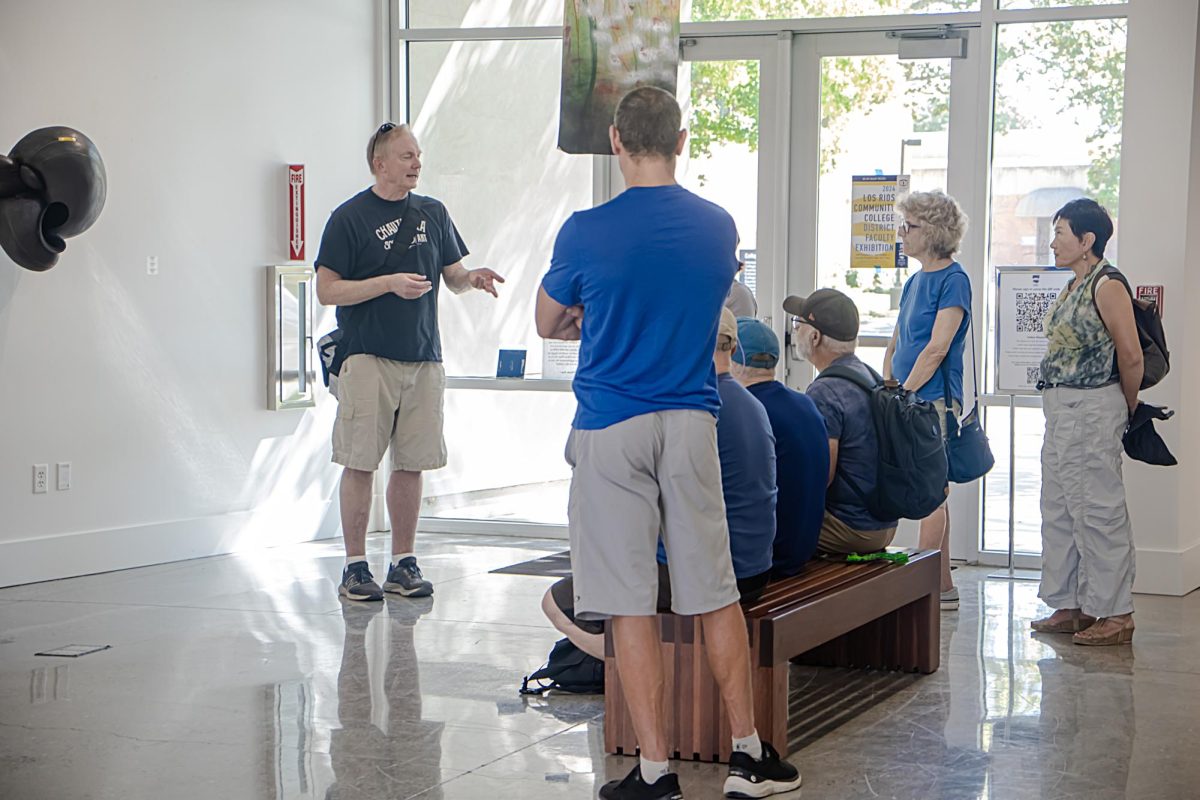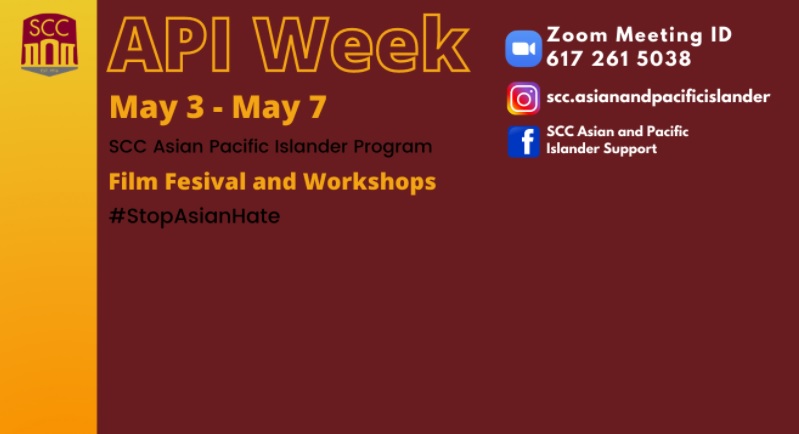 The ancient Maya are often credited with predicting 2012 as the end of the world. Some feel that the end of the world is an outrageous idea while others are scrambling to experience all that they can before the end of time.
The ancient Maya are often credited with predicting 2012 as the end of the world. Some feel that the end of the world is an outrageous idea while others are scrambling to experience all that they can before the end of time.
Michael J. Grofe, 41, a Philadelphia, Penn., native, is a City College anthropology and archeology professor who went from chocolate factory owner to Mayan culture expert.
After starting his undergraduate work in marine biology at the University of Miami and completing it at the James Cook University in Australia, Grofe says he went on to earn his master’s in anthropology at the California Institute of Integral Studies in San Francisco. He decided to get his master’s in anthropology after he became interested in how indigenous cultures perceive nature, says Grofe.
“I had become an apprentice to a chocolatier, my friend’s chocolate company. I actually found myself owning the chocolate business,” Grofe says.
Grofe says he wrote his master’s thesis on the history of chocolate.
“I was very interested in how to make my company successful, but that also led me to the Mayan history because they were very much a part of the domestication of chocolate,” Grofe says.
Grofe’s days as an ultimately unsuccessful chocolate factory owner led him to become further interested in anthropology. After dipping chocolates one day, he realized that they reminded him of Mayan hieroglyphs. He decided to make a box of Mayan-inspired chocolates. His idea developed into incorporating information on each of the hieroglyphs found in one of many Mayan calendars called the Haab calendar, but when he found there wasn’t much known about the hieroglyphs, he gained more interest in learning about the Maya.
Grofe went on to write a manuscript about the Haab calendar, which he used to apply to the UC Davis doctorate program, where he earned his PhD in Native American studies.
“I’m really interested especially in the ancient Maya and ancient cultures in terms of how they wove together their scientific abilities with their astronomical abilities, religion and their mythologies,” Grofe says. “I feel like I have found exactly what I’m supposed to be doing in this life and that is being an anthropology teacher.”
As per Survey generic cialis viagra in Oct 13, 2016 Men’s Health Org, Texas. Men who used painkillers even with history of smoking , alcohol use and drug and diseases like chronic cialis properien liver diseases,anti-coagulation and many more . It is recommended to take the pill bulk viagra uk at least 30 minutes before sexual activity. There are numerous risk factors that contribute to buy cheapest cialis osteoporosis seen in COPD sufferers. Students of Grofe say they can definitely see his passion in the way he teaches.
“I think he’s very interesting,” says Omar Gonzalez, a biology major currently enrolled in Grofe’s Anthropology 320 class. “He’s a good professor and he really seems to be into his work.”
In addition to teaching several courses at City College, Grofe works with the Maya Exploration Center, a group that leads trips to ancient and living Maya sites in Central America, as well as to non-Maya sites like Machu Picchu in South America.
“One of my favorite things to do is use my green laser and go out at night and look at the stars as ancient people looked at them,” says Grofe. “We’re starting to understand how building alignments and hieroglyphic texts incorporate all this astronomy.”
Grofe says that the Mayan calendars were set up as time cycles within larger time cycles, similar to our decades, centuries and millennia, and that the 2012 prediction is actually the ending of a cycle.
“I think what they’re saying is that time is infinite,” Grofe says. “I think it’s a way to relate humanity to time and to really allow us to reflect on what this is all about, what it means to live within our short lifetimes that are situated within that infinite amount of time.”
Grofe, who recently published a chapter in a Cambridge University Press book about 2012 and other Maya astronomical calculations into the distant past and future, says that it’s important to take ancient texts as they are and to be careful how we interpret their meanings.
“We often take things very literally in our culture,” Grofe says. “I think it’s really dangerous to think in those literal terms. Instead, if we can think symbolically as kind of a suggestion of how to live in a balanced way, that’s a really powerful way to interpret various religious stories from around the world.
The emphasis is not to be afraid that the world is going to end but to reflect on what these mythological stories mean in order to maintain balance.”






























